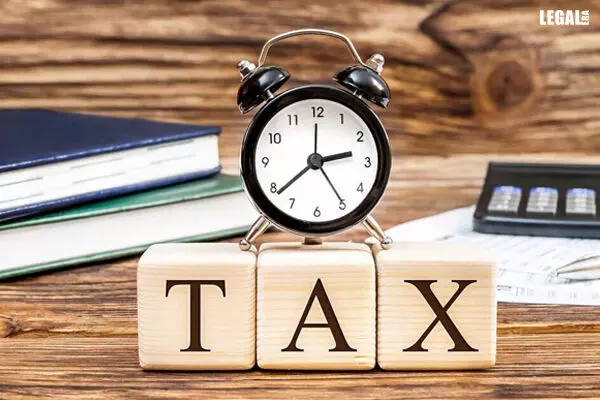- Home
- News
- Articles+
- Aerospace
- Artificial Intelligence
- Agriculture
- Alternate Dispute Resolution
- Arbitration & Mediation
- Banking and Finance
- Bankruptcy
- Book Review
- Bribery & Corruption
- Commercial Litigation
- Competition Law
- Conference Reports
- Consumer Products
- Contract
- Corporate Governance
- Corporate Law
- Covid-19
- Cryptocurrency
- Cybersecurity
- Data Protection
- Defence
- Digital Economy
- E-commerce
- Employment Law
- Energy and Natural Resources
- Entertainment and Sports Law
- Environmental Law
- Environmental, Social, and Governance
- Foreign Direct Investment
- Food and Beverage
- Gaming
- Health Care
- IBC Diaries
- In Focus
- Inclusion & Diversity
- Insurance Law
- Intellectual Property
- International Law
- IP & Tech Era
- Know the Law
- Labour Laws
- Law & Policy and Regulation
- Litigation
- Litigation Funding
- Manufacturing
- Mergers & Acquisitions
- NFTs
- Privacy
- Private Equity
- Project Finance
- Real Estate
- Risk and Compliance
- Student Corner
- Take On Board
- Tax
- Technology Media and Telecom
- Tributes
- Viewpoint
- Zoom In
- Law Firms
- In-House
- Rankings
- E-Magazine
- Legal Era TV
- Events
- Middle East
- Africa
- News
- Articles
- Aerospace
- Artificial Intelligence
- Agriculture
- Alternate Dispute Resolution
- Arbitration & Mediation
- Banking and Finance
- Bankruptcy
- Book Review
- Bribery & Corruption
- Commercial Litigation
- Competition Law
- Conference Reports
- Consumer Products
- Contract
- Corporate Governance
- Corporate Law
- Covid-19
- Cryptocurrency
- Cybersecurity
- Data Protection
- Defence
- Digital Economy
- E-commerce
- Employment Law
- Energy and Natural Resources
- Entertainment and Sports Law
- Environmental Law
- Environmental, Social, and Governance
- Foreign Direct Investment
- Food and Beverage
- Gaming
- Health Care
- IBC Diaries
- In Focus
- Inclusion & Diversity
- Insurance Law
- Intellectual Property
- International Law
- IP & Tech Era
- Know the Law
- Labour Laws
- Law & Policy and Regulation
- Litigation
- Litigation Funding
- Manufacturing
- Mergers & Acquisitions
- NFTs
- Privacy
- Private Equity
- Project Finance
- Real Estate
- Risk and Compliance
- Student Corner
- Take On Board
- Tax
- Technology Media and Telecom
- Tributes
- Viewpoint
- Zoom In
- Law Firms
- In-House
- Rankings
- E-Magazine
- Legal Era TV
- Events
- Middle East
- Africa
Delhi High Court: Seized Cash To Be Treated As Advance Tax; No Default In Payment

Delhi High Court: Seized Cash To Be Treated As Advance Tax; No Default In Payment
Despite several representations by the assessee, the Income Tax department had ignored his pleas
The Delhi High Court has held that the seized cash offered by the assessee, under the then prevailing regime, must be treated as advance tax. There was no default in payment of the advance, though the adjustment was triggered due to a search action.
The bench of Justice Rajiv Shakdher and Justice Girish Kathpalia observed that the petitioner had offered Rs.50 lakhs seized in search to be treated as advance tax. The endorsement was found both in the Return On Investment (ROI) and its computation sheet.
The petitioner possessed the amount seized during the search carried out under Section 132 of the Income Tax Act, 1961. It was not treated as advance tax, even though he made several representations.
The assessee contended that the copies of the seized documents were made available to the petitioner only on 26 February 2010. The ROI for the assessment year could only be filed on 15 March 2010. The computation sheet appended to it categorically stated that the Rs.50 lakh cash seized should be treated as advance tax.
On the other hand, the IT department stated that adjustments could only be made against existing tax liabilities. Since no tax liability was determined on the date of the cash seizure, the adjustment could not be made other than as self-assessment tax.
The bench observed that the ROI was filed after the search. The assessee offered the seized cash under the then-prevailing regime to be treated as advance tax. Thus, there was no default in the payment. It could not be claimed that there was a deferment of payment of advance tax.



